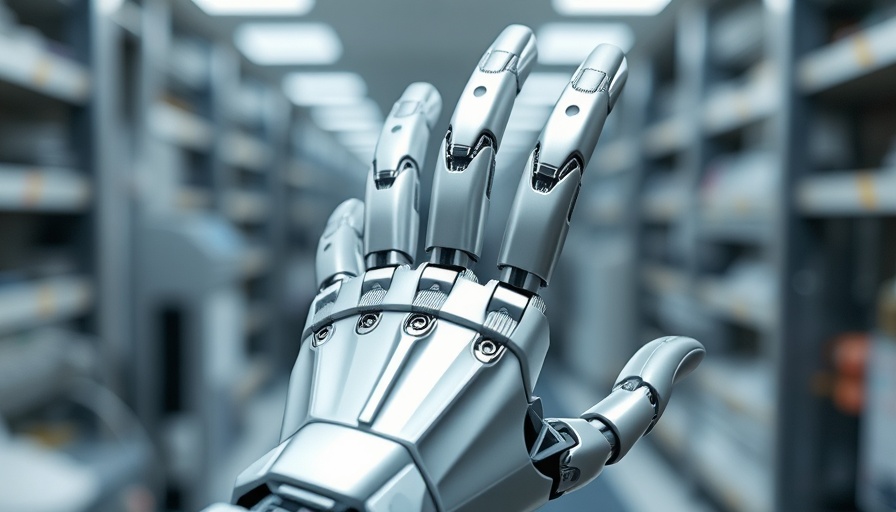
The Growing Debate on AI and Autonomy
At the forefront of contemporary discussions about artificial intelligence (AI) is the question of whether these technologies could one day overpower human intellect. While a chorus of tech leaders voices their concerns, some experts like Professor Yann LeCun view the fears as exaggerated. LeCun highlights that the portrayal of AI as an imminent threat overshadows pressing issues like existing algorithmic biases and the socio-political impacts of current technologies.
A Balancing Act Between Innovation and Risk
In an era characterized by rapid technological advancements, experts argue for a nuanced approach to AI development. The Centre for AI Safety recently published a statement jointly signed by prominent figures from OpenAI and Google DeepMind, warning against existential risks posed by AI. They argue that global attention should shift to making AI technology safe, akin to the regulatory frameworks established in nuclear energy management. Professor Geoffrey Hinton, dubbed one of the "godfathers of AI," adds to this conversation by linking the need for caution to the ongoing AI arms race.
The Divergence of Perspectives in AI Risks
Despite the anxiety surrounding AI, many experts, including those from RAND Corporation, believe that the more pressing concerns arise from the ways AI is already affecting society. Benjamin Boudreaux, a policy researcher at RAND, emphasizes the incremental harms that AI could inflict, particularly in reinforcing inequities and exacerbating social tensions. Instead of focusing solely on potential future destructive scenarios, the spotlight should also be on how current AI applications influence public trust and institutions.
Concerning Short-Term Effects of AI
The alarm over AI-driven misinformation and bias doesn't seem unfounded to many researchers. As pointed out by Elizabeth Renieris from the Institute for Ethics in AI, today's AI tools are largely trained on human-generated data, which can perpetuate existing biases and amplify misinformation. She argues that societal impacts from AI-generated content are immediate and often troubling, overshadowing longer-term speculative risks. This contrast highlights the need for thoughtful AI governance that considers both current vulnerabilities and future threats.
Future Insights: How to Navigate the AI Landscape
The consensus among many leading thinkers is that while the fears surrounding AI's potential to outsmart humanity may be exaggerated, it does not negate the need for vigilance. Dr. Nidhi Kalra from RAND asserts that humanity must not lose its ability to discern fact from fiction, advocating for policies aimed at increasing transparency and accountability in AI applications. As history shows, technological innovation often comes with risks, but as experts suggest, these can be mitigated through proactive research and collaborative policymaking.
 Add Row
Add Row  Add
Add 




Write A Comment